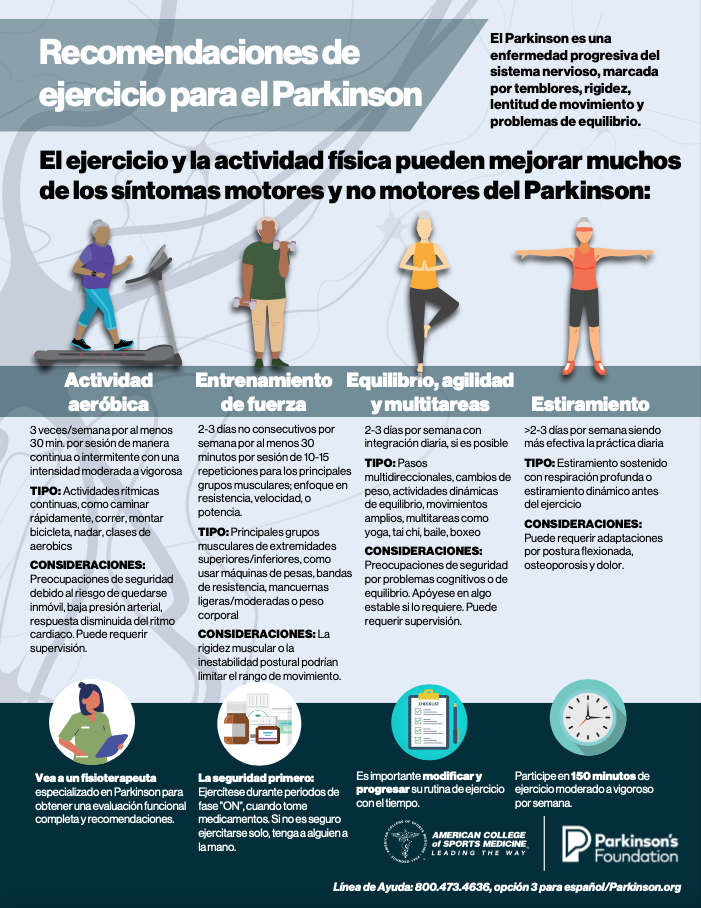Mood: A Mind Guide to Parkinson’s Disease
Everyone experiences changes in mood over the course of any given day, week, month, and year. But “mood changes” is a broad term that can mean different things to different people. This guide explains what mood changes can happen in Parkinson’s disease (PD), why people with Parkinson’s might experience these changes and how to treat and cope with them.
Not everyone develops every symptom of Parkinson’s disease, but if you’re affected, non-motor symptoms including depression, anxiety, anger, and irritability can have a huge impact on your quality of life and those around you. The information, tips, and stories included here will provide answers, help you organize thoughts and questions for your medical team and remind you that you are not alone on this Parkinson’s journey
Related Materials
Related Blog Posts

Mental Health Tips for Cognition, Mood and Sleep

Care Partner Deep Dive: Three Experts Discuss Sleep, Cognition and Mood in Parkinson's















